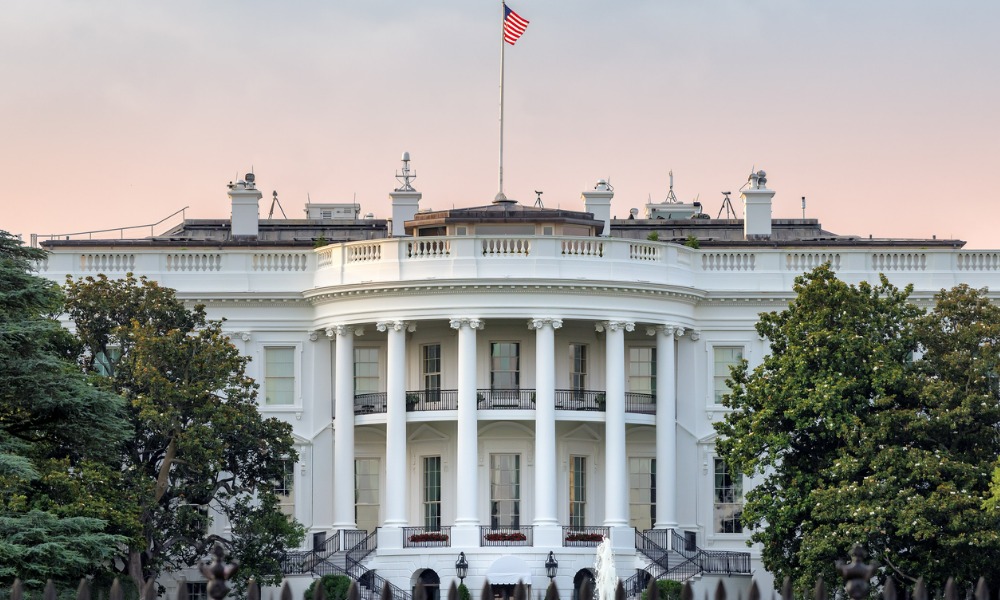Trudeau vows countermeasures while leaders and unions prepare for Trump’s ongoing tariff threats

US President Donald Trump’s team has indicated he will not impose tariffs on Canada on his inauguration day, according to the Financial Post.
Ahead of Trump’s swearing-in, a White House official, speaking anonymously, referred to a Wall Street Journal report stating Trump plans to sign an executive order investigating alleged unfair trade and currency practices by Canada, Mexico, and China.
In November, Trump had threatened a 25 per cent across-the-board tariff against Canada, promising to implement it on his first day in office. Despite signalling a delay early on Monday, he later told reporters that his administration was considering applying those tariffs on February 1st.
Prime Minister Justin Trudeau responded by pledging Canada would implement countermeasures if Trump proceeded with the plan.
Trudeau issued a congratulatory statement following Trump’s inauguration, stating, “We are strongest when we work together, and I look forward to working with President Trump, his administration, members of the United States Congress, and officials at the state and local levels to deliver prosperity for our peoples — while protecting and defending the interests of Canadians.”
Federal officials have stated they will wait for Trump’s actions before unveiling Canada’s response. Two unnamed sources confirmed the government has withheld details of its counter-tariff strategy.
However, Canada has committed to investing $1.3bn in border security over six years, an effort to discourage Trump from enacting tariffs. Trump initially tied tariffs to border security but later focused on the trade imbalance between Canada and the US.
Federal cabinet ministers gathered in Montebello, Quebec, on Monday and Tuesday to discuss the tariff threat. Trudeau also met with Canada’s 13 premiers last Wednesday to form a unified response.
Twelve premiers endorsed the effort to show solidarity with US counterparts. Alberta Premier Danielle Smith opposed any retaliation measures involving the oil and gas sector.
Ontario Premier Doug Ford expressed concern over Trump’s approach, warning of persistent uncertainty.
“He’s just adding more uncertainty, (saying) ‘I may not do it today, I’ll do it tomorrow. Maybe I’ll do it in a month.’ That doesn’t help,” Ford told CityNews. “So, we’re going to take him serious.”
Lana Payne, president of Unifor, criticized Trump’s tariff threats, highlighting their impact on investment and economic stability.
“No one should be breathing a sigh of relief at all right now,” Payne said. She described the “constant threat of tariffs” as harmful to Canada’s economy and called for strategies to protect Canadian manufacturing and prepare for job losses.
Payne added, “We have to come together in a profound way over the next four years to make sure that we’re guarding against any future threat, but also making sure that we’ve got our act together in Canada. It’s not going to stop here. The demands are going to grow.”
Despite Trump’s campaign pledge to implement broad tariffs, a new poll highlights limited public support.
An Associated Press-NORC survey found nearly half of US adults oppose tariffs on all imported goods, with fewer respondents favouring or remaining neutral on the issue.


